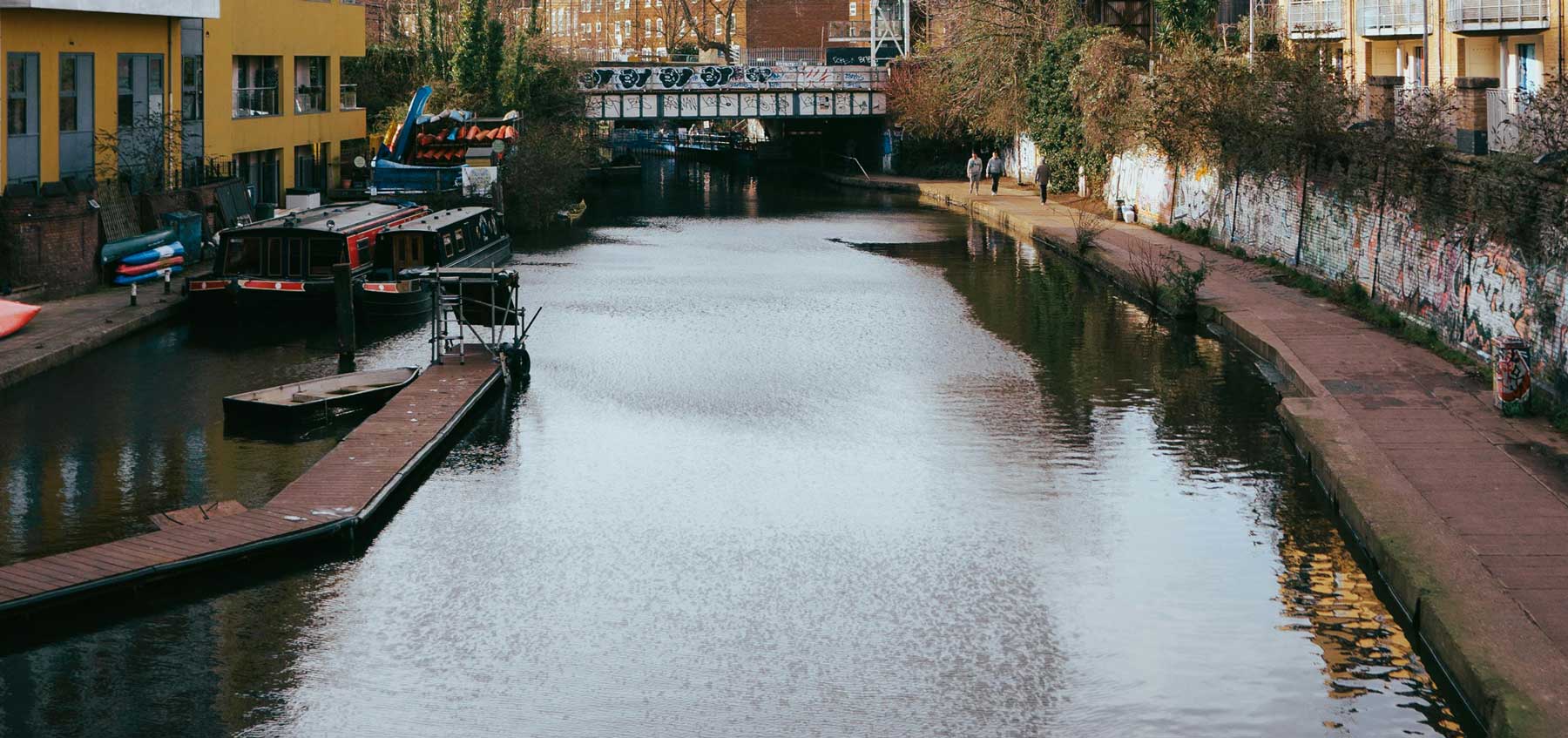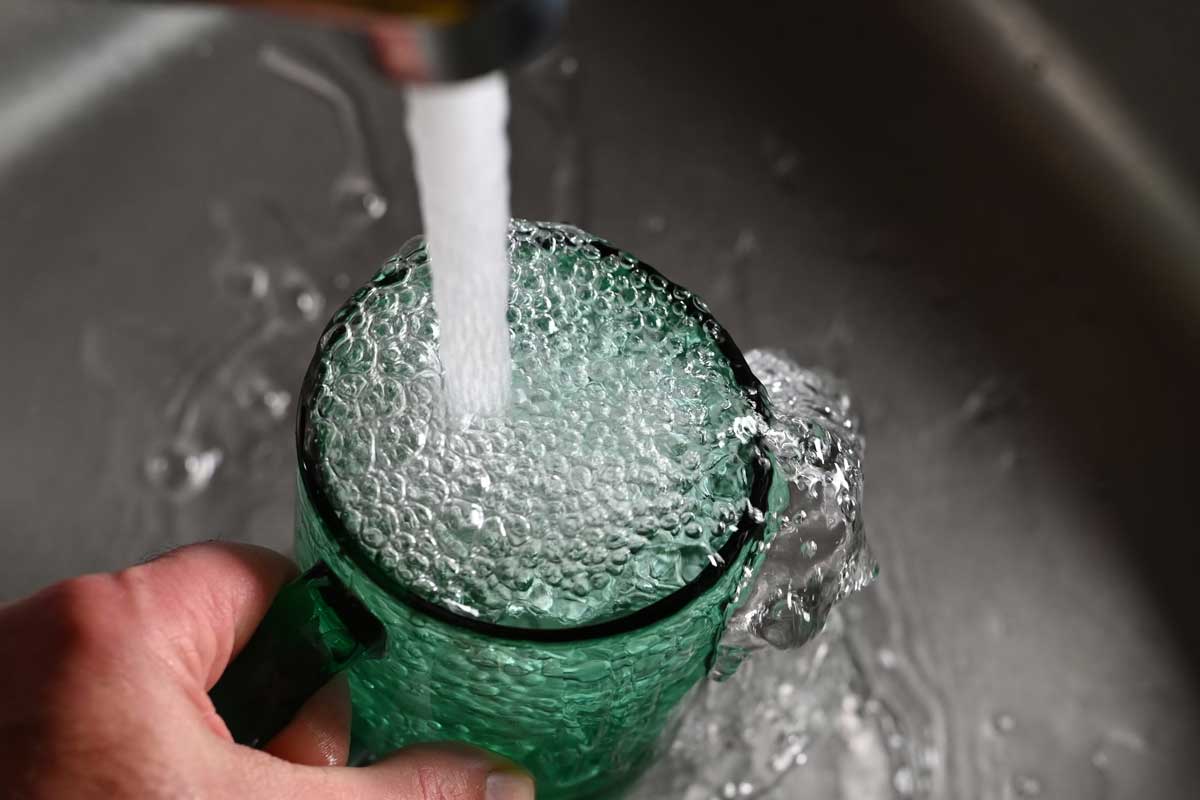How does the UK’s water quality rank in the world?
WEDNESDAY 22nd MAY 2024

When it comes to water quality, is the UK in the clear?
The health of water impacts the health of a nation. No matter where in the world a country may be and how good the healthcare system, poor water can be the source of serious health concerns. It can also cause related problems such as food shortages, economic disruption, and more. So it’s no surprise that managing water quality is a full time job, and the stakes are high.
In the UK, water quality management must negotiate challenges relating to historical infrastructure, modern regulations and ongoing environmental challenges. Ensuring that water supply is of a sufficiently high quality is vital to keeping the UK running smoothly and the population in good health. But how does Great Britain fare in comparison to the rest of the world?
That’s what we’re asking today. Let’s take a closer look at how the UK’s water quality ranks, and what challenges there may be on the horizon.
The good news: high global ranking
Overall, the UK boats one of the highest standards of drinking water quality in the world. This is thanks to rigorous testing regimes, stringent regulations, and substantial investments in water treatment facilities. This combination ensures that drinking water in all four countries that make up the United Kingdom meet or exceed the necessary safety standards.
In fact, according to Drinking Water Inspectorate, UK compliance with water safety parameters has consistently been above 99.9% over the past few years.
This has resulted in a strong international reputation. In the 2021 Environmental Performance Index (EPI), the UK ranked 4th overall for water and sanitation. This index is an evaluation of 180 countries across 24 performance indicators, including water quality.


The bad news: pollution and climate change
However, while the UK may possess a positive reputation overall, there are significant issues which can’t be ignored. One such issue is ageing infrastructure. A lot of UK water infrastructure is old, with parts dating back to pre-Victorian era. Managing these systems is a costly expense, but one that is necessary for maintaining a high water quality.
Of course, the climate crisis poses another significant threat. Increased flooding and rainfall can overwhelm drainage systems and lead to harmful spills. While investments are being made is sustainable solutions, action needs to be taken quickly to avoid catastrophe.
Another issue which has made headlines in recent months is water pollution. Industrial discharges, agricultural runoffs, and urban wastewater all threaten our water quality, and recent reports have highlighted an alarming rise in sea pollution. In fact, last year The Guardian reported that more than 90% of UK rivers have been blighted by raw sewage.Future innovations and decisive action
There is a lot of action being taken to mitigate these risks and improve our water quality overall. This includes the development of advanced water technologies, the use of AI to manage water systems, and the implementation of natural capital solutions like wetland restoration and reforestation to improve water absorption and overall quality. However, the Government will need to put more investment into these efforts before largescale change can take hold.
While the UK’s water quality is one of the best in the world thanks to our high standards, we still have choppy waters ahead when it comes to pollution and climate change. A proactive approach to environmental challenges must be taken in order to maintain our strong reputation for safe drinking water. This will require ongoing adaptation and effort, making sure that we remain a leader in water quality management on a global level.
Get in touch with Everflow today
Finding the time to compare business water isn’t easy. If you’re looking for a sustainable water supply for your business, get in touch with Everflow today to find out how we can support your organisation.